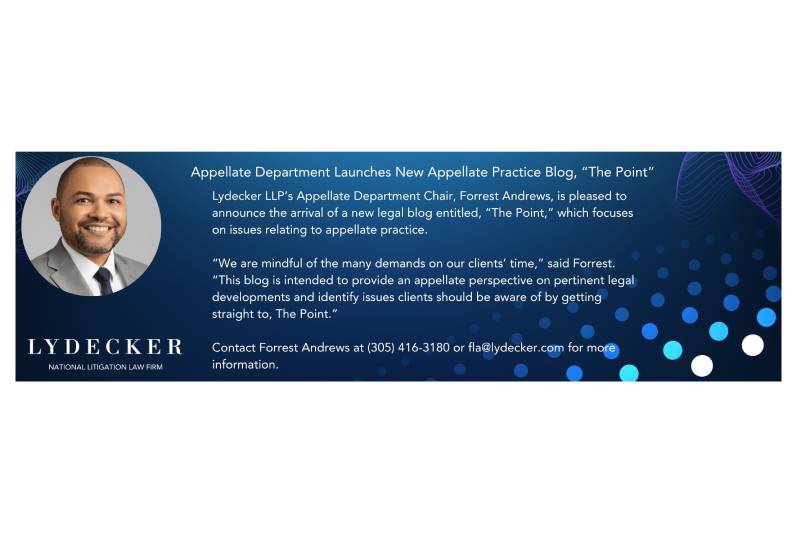Transcripts are a vital part of the record on appeal since they allow the appellate court to review the arguments raised below and determine whether reversible error was committed. The importance of having significant hearings transcribed is illustrated by the First District Court of Appeal’s recent decision in Hotel Investor Group, LLC v. Davis, Case No. 1D22-163 (Fla. 1st DCA 2023).
In Davis, the trial court granted plaintiff’s ore tenus motion for leave to amend its complaint in response to a motion for judgment on the pleadings. After serving an amended complaint, a second motion for judgment on the pleadings was filed. At a hearing on a subsequent motion for judgment on the pleadings, the plaintiff made an ore tenus motion for leave to amend its complaint. However, the trial court denied the requested and granted the motion for judgment on the pleadings.
On appeal, the plaintiff argued that the trial court abused its discretion in denying the second ore tenus motion for leave to amend the complaint. The First District affirmed, the trial court’s ruling and explained:
We know nothing about that motion, however, because [plaintiff] has not provided a transcript or a statement of evidence in lieu of a transcript. See Fla. R. App. P. 9.200(b)(5). [Plaintiff] in essence brings forward a record on appeal that “is inadequate to demonstrate reversible error.” Applegate v. Barnett Bank of Tallahassee, 377 So. 2d 1150, 1152 (Fla. 1979). For instance, we cannot determine whether the issues raised on appeal were first brought before the trial court and, thus, preserved for purposes of appeal. In any event, we must presume that the trial court had a good reason, based on what was presented at the hearing, to deny the second ore tenus motion to amend, so we affirm.
The Point
In general, appellate courts will only review issues that were properly preserved. Therefore, if a significant appellate issue will be raised or decided during a hearing or trial proceeding, strong consideration must be given to having it transcribed.
A motion made orally.
In general, appellate courts will only review issues that were properly preserved. Therefore, if a significant appellate issue will be raised or decided during a hearing or trial proceeding, strong consideration must be given to having it transcribed.




